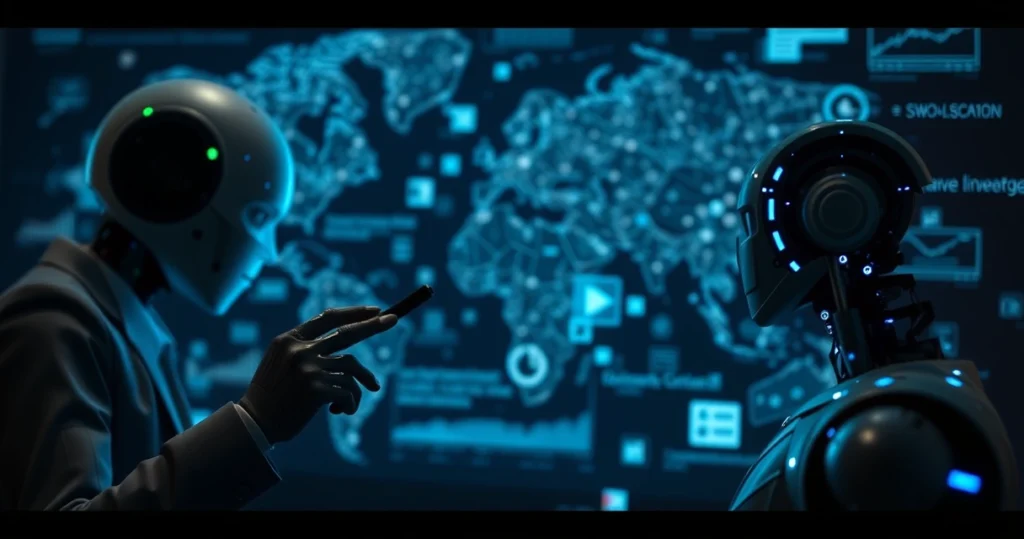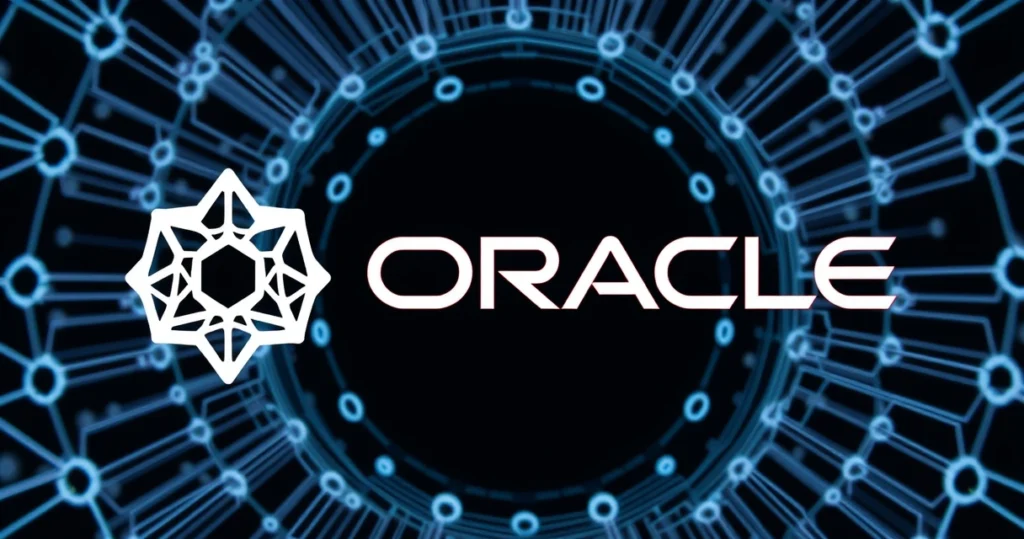AI Fact-Checking on X Fuels Conspiracy Theories, Warn Experts
In the digital age, misinformation spreads at an unprecedented rate, often resulting in widespread confusion and the proliferation of conspiracy theories. Social media platforms, notably X (formerly known as Twitter), have become battlegrounds for information dissemination, where the line between fact and fiction blurs. Recent developments in AI fact-checking technologies promise to streamline the process of verifying claims, but experts warn that these automated systems might inadvertently contribute to the very problems they aim to solve.

According to various authorities, the implementation of AI-driven fact-checking on X raises significant concerns about the credibility of information shared online. Critics argue that while these systems can process vast amounts of data quickly, they lack the nuanced understanding and context that human reviewers provide. In this article, we’ll explore the implications of AI fact-checking on conspiracy theories, the importance of human oversight, and the challenges of maintaining information credibility in an era dominated by technology.
The Rise of AI Fact-Checking
AI fact-checking has gained traction as a solution to combat misinformation. By utilizing machine learning algorithms and natural language processing, these systems can analyze text, cross-reference facts, and generate reports in real time. The technology is designed to enhance the speed and efficiency of fact-checking processes, which is crucial in an environment where misinformation can go viral within minutes.
How AI Fact-Checking Works
AI fact-checking systems rely on several methodologies to assess the veracity of claims. Here’s a breakdown of their functioning:
- Data Mining: AI systems scour the internet for relevant data, including news articles, academic papers, and verified databases.
- Natural Language Processing (NLP): These algorithms analyze human language to understand the context and meaning of the text being checked.
- Cross-Referencing: The AI compares statements against established facts from reliable sources to determine accuracy.
- Automation: Once the analysis is complete, the AI generates a report that can be shared within seconds.
Concerns About Credibility
Despite the potential benefits of AI fact-checking, experts express concerns about its impact on information credibility. One major issue is the reliance on automated systems that may not fully grasp the subtleties of human communication. This can lead to misinterpretations and ultimately affect the perceived reliability of information.
Human Review: A Necessary Component
While AI can process information rapidly, human oversight remains essential. Human reviewers provide context, discern nuances, and apply ethical considerations that AI currently cannot replicate. The fear is that the absence of thorough human scrutiny may lead to the dissemination of inaccurate information, further fueling conspiracy theories.
The Role of Conspiracy Theories in Misinformation
Conspiracy theories thrive in environments where information is contested. The rapid spread of false narratives can create echo chambers, where individuals reinforce each other’s beliefs without engaging critically with the information. AI fact-checking could inadvertently exacerbate this issue.
Examples of Misinformation Amplified by AI
Instances have emerged where AI-generated fact-checks have not only failed to debunk conspiracy theories but have also provided them with a veneer of credibility. For example, an AI might classify a popular conspiracy theory as “partially true” based on specific claims, leading users to believe there is validity to the overall narrative. This outcome can contribute to a cycle of misinformation that challenges established facts.
Strategies for Enhancing Information Credibility
To combat the potential pitfalls of AI fact-checking, a multi-faceted approach is necessary. Here are some strategies that can help improve information credibility in the age of AI:
- Implement Human Oversight: Ensure that all AI-generated content is reviewed by trained professionals who can assess the context and accuracy of the information.
- Transparency in Algorithms: Promote transparency regarding the algorithms used for AI fact-checking to build trust with users.
- Education and Awareness: Increase public awareness about the nature of AI fact-checking and encourage critical thinking when consuming information.
- Collaboration with Fact-Checkers: Partner with established fact-checking organizations to validate AI-generated reports and enhance credibility.
FAQs About AI Fact-Checking and Conspiracy Theories
1. What is AI fact-checking?
AI fact-checking refers to the use of artificial intelligence technologies to verify the accuracy of claims made in various forms of content, such as articles, social media posts, and videos.
2. How does AI fact-checking contribute to conspiracy theories?
AI fact-checking can unintentionally lend credibility to conspiracy theories if the tools misinterpret claims or provide ambiguous assessments, leading users to believe that false information is partially true.
3. Why is human review important in AI fact-checking?
Human review is critical because it allows for the consideration of context, nuance, and ethical implications that AI may overlook, ensuring a more accurate and trustworthy assessment of information.
4. What are the risks of relying solely on AI for fact-checking?
The primary risk is that AI can propagate misinformation through misclassification or oversimplification of complex claims, which may erode public trust in verified information.
5. How can users critically evaluate information on social media?
Users can evaluate information by checking the source’s credibility, looking for corroborating evidence from reputable outlets, and being wary of sensational language or emotional appeals.
Conclusion
The rise of AI fact-checking on platforms like X offers a promising avenue to combat misinformation, but it also presents significant challenges regarding the credibility of information. As conspiracy theories continue to proliferate, it is crucial to ensure that AI systems are complemented by human oversight to maintain rigorous standards of accuracy and trustworthiness. By implementing effective strategies and fostering critical evaluation of information, we can work towards a more informed society that resists the allure of conspiracy theories and values factual integrity.
📰 Original Source
Este artigo foi baseado em informações de: https://olhardigital.com.br/2025/07/02/internet-e-redes-sociais/checagem-de-fatos-com-ia-no-x-incentiva-teorias-da-conspiracao-dizem-autoridades/



